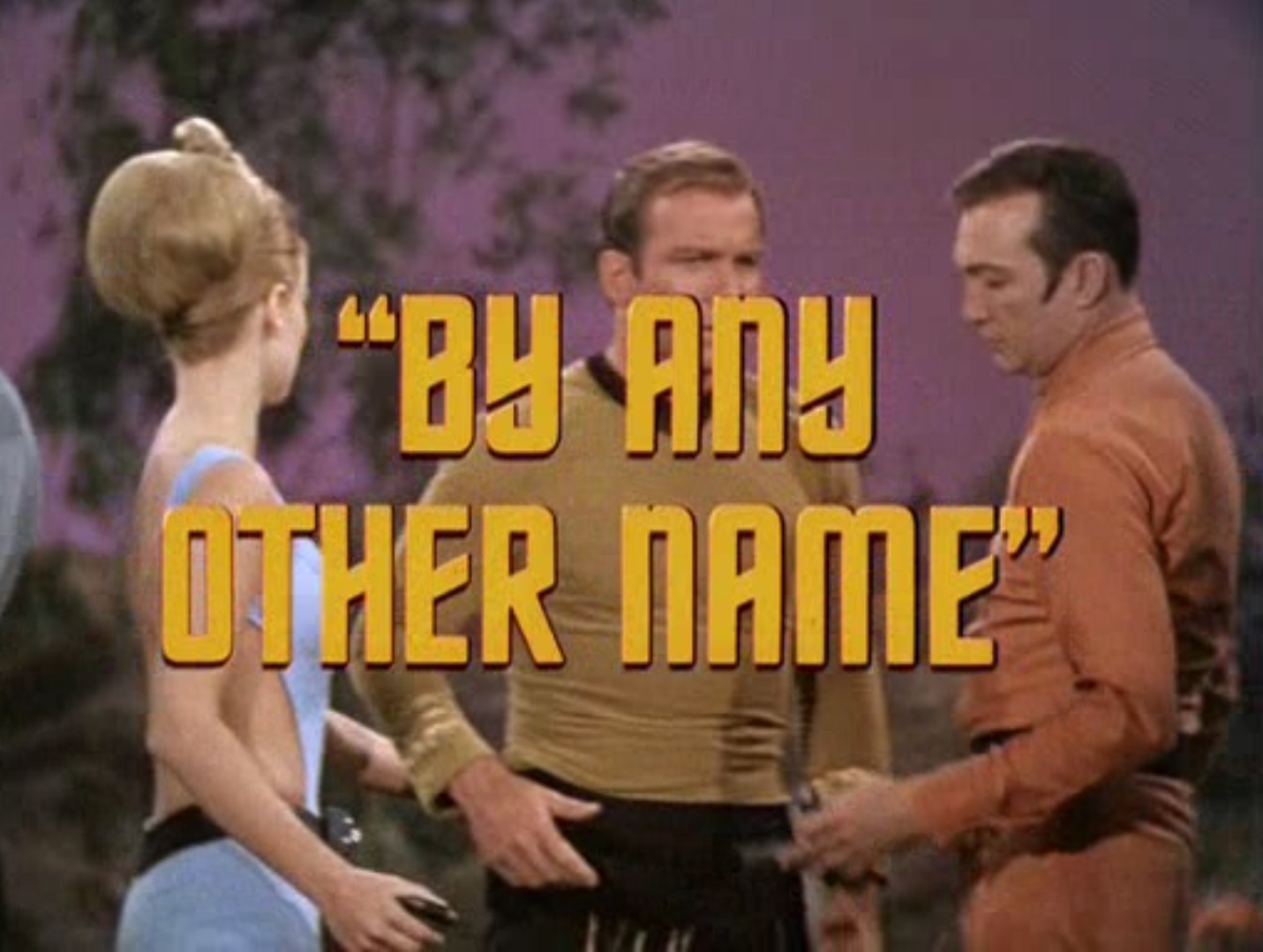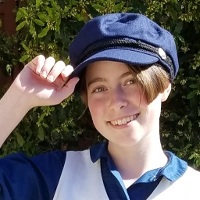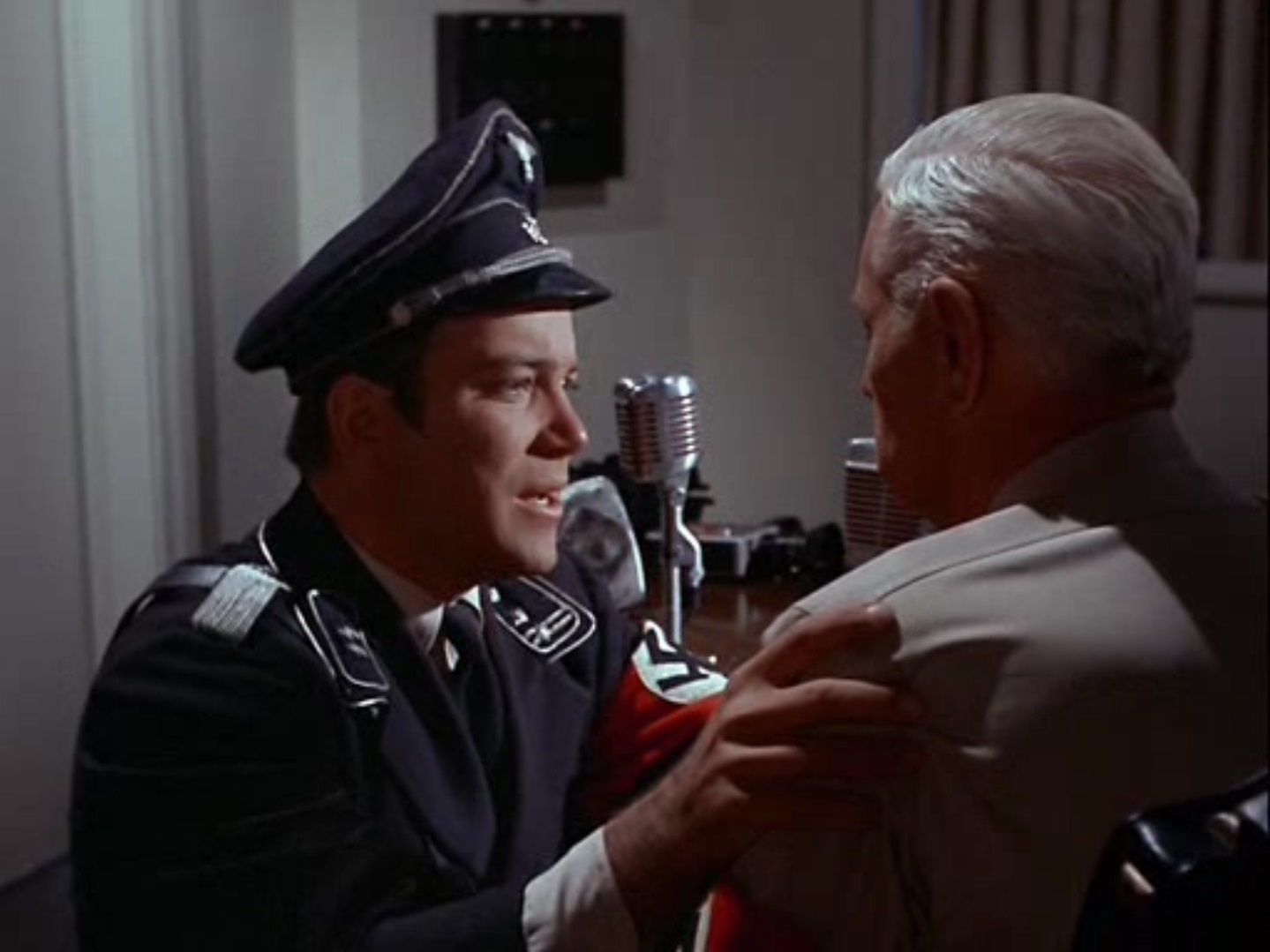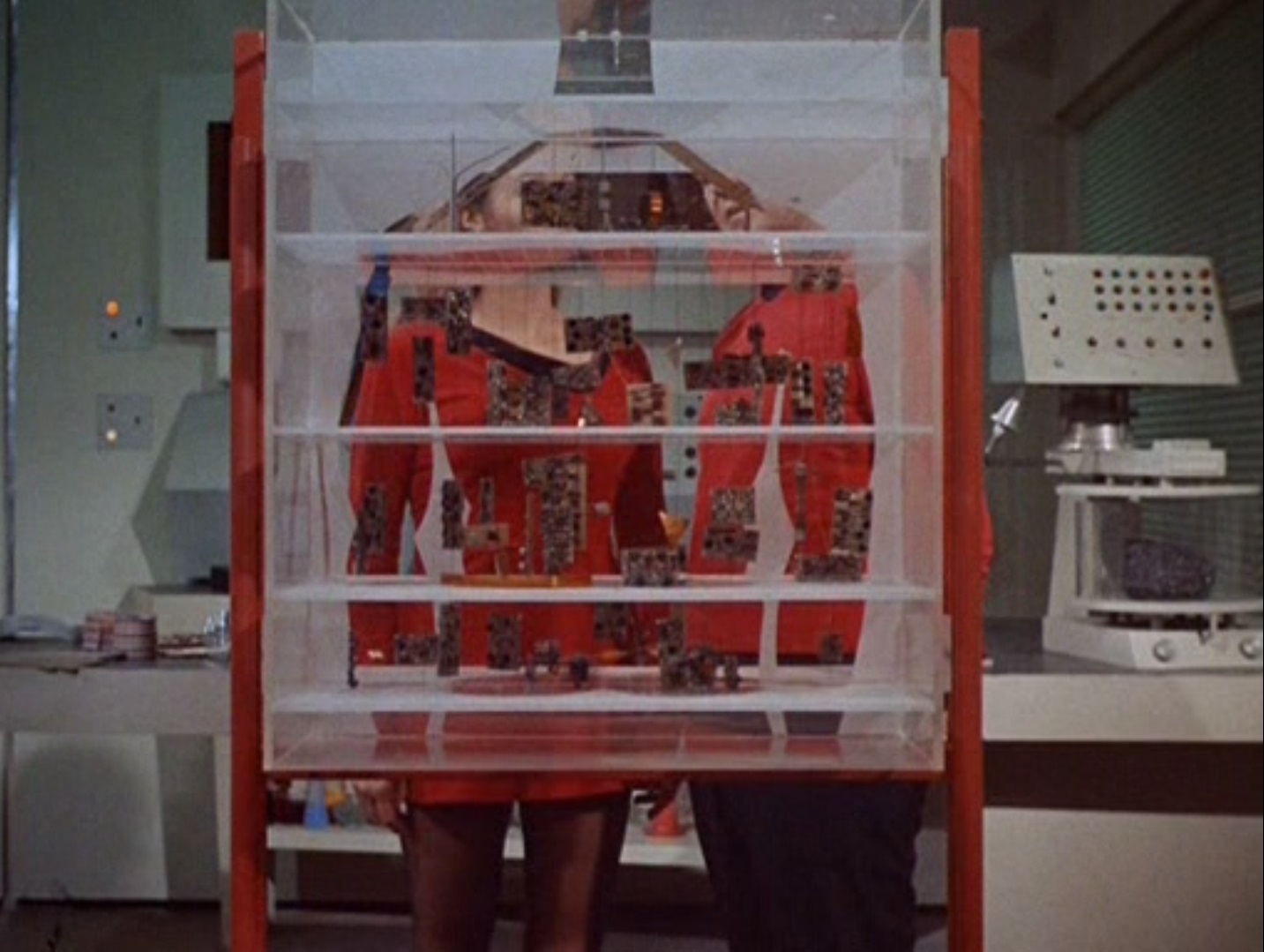
by Dana Pellebon
On April 4, 1968, my world changed and I wasn’t even aware of how much. My day was as any other. Go to work, come home, make dinner, do a little reading, and go to bed. Yet, on April 5th, the horror of opening my newspaper made my world stop. Front Page. Dr. King Murdered. As the paper slipped from my hands, gravity took my body and the tears now flowing to the floor. Who? How? I tried to read the words on the now wet pages, but I couldn’t escape the feeling of intense pain and sadness. When you’ve lived through a man shepherding you and the world through progress, what does it mean when he’s not here? I ached for his wife and children. I dreaded the moment I had to move my body to figure out what was next.

Civil rights leader Andrew Young (L) and others on balcony of Lorraine motel pointing in direction of assailant after a shot mortally wounded Dr. Martin Luther King, Jr. Photograph by Joseph Louw
Somehow I got off the floor to ready myself for work. The bus there was filled with other Negroes like me silently crying. At the next to last stop downtown, a small group of men came on the bus and were very loud about ridding the world of another one of “them”. I straightened my head, methodically dried my tears, and looked right in their direction. My steel gaze was met with some chagrin on their part and blessed silence. It was in that moment that I knew I would never let another one of them see me cry ever again.
I hear there is a work strike coming up. Already people are mobilizing. There’s rumblings on the radio about the riot in Memphis and DC. I read the words of Robert Kennedy talking about his brother’s death and how he too was killed by a white man. How we should not take this time for violence but instead for compassion. I want to take in these words of reconciliation but my heart is cold and distant from such talk.
I believed in the dream of Dr. King. Nonviolence begets understanding and peace. He may be targeted but he was special. Malcom X was killed because of who he was. Dr. King would stay alive because of who he was. Or, so I thought. My naïveté was on full display as I realized that him dying was the only inevitable outcome for whites who hated his message. My new understanding that peace and conflict are natural bedmates. As I step into this world without Dr. King, I must ask myself, what is next?
This is the question for the Negro. Without our great Shepherd, how does this flock move through the pasture? Who leads the next part of the movement? What legacy of his can we grab of our own to continue to shape the world into a just and equitable future? I don’t know what the path forward is and how to get there, but I think of the last words Dr. King said the night before he was murdered and I know in this moment and the next and the next, every thing I do will be to realize the vision of our collective promised land.
“Like anybody, I would like to live a long life. Longevity has its place. But I'm not concerned about that now. I just want to do God's will. And He's allowed me to go up to the mountain. And I've looked over. And I've seen the promised land. I may not get there with you. But I want you to know tonight, that we, as a people, will get to the promised land. And I'm happy, tonight. I'm not worried about anything. I'm not fearing any man. Mine eyes have seen the glory of the coming of the Lord.”

Dr. King, giving his last speech at Mason Temple, Memphis, on April 3.

by Jessica Dickinson Goodman
When morning finds me, I read the newspaper. Earlier and earlier these days, as my newborn moves towards infancy and begins to make his own dawn schedule.
It was one of Will Roger’s favorite lines: “All I know is just what I read in the papers.” As a Cherokee man born in land that was treaty promised and greed taken, he knew better than most how wrong the press can be. But still, it’s the only first draft of history many of us are privileged to see.
Which is what makes reading it while nursing my baby so strange some days. Like a few weeks ago, when, on a single page, these were the headlines:
- "Policeman Admits He’s a Klansman"
- "‘Oakland in 1983: Over Half Negro’"
- "Commission Warns: Spend Billions or Face Rebellion"
- "‘Had To Tell It Like It Is’ — Riot Report Jolts Congress"
- "Policeman’s Lot Not a Happy One"

On mornings like this when decency weeps, a page like that perhaps only has one or two truly true things in it. One, I suspect, is from the "Commission" report breathlessly exaggerated in the headlines, whose full and proper title is “Report of the National Advisory Commission on Civil Disorders;” that commission includes the former Illinois governor Otto Kerner Jr., leading Congressmen from both parties, and Atlanta Police Chief Herbert Jenkins. The paper says of the report:
“For instance, the commission said, belief is widely held that riot cities were paralyzed by sniper fire. Of 23 cities surveyed, there were reports of sniping in 14. And probably there was some sniping, the commission said, but: “According to the best information available to the commission, most reported sniping incidents were demonstrated to be gunfire by either police or National Guardsmen.’”
There’s a lot of passive voice in there, unfortunately common with newspapers’ coddling of police officers’ egos (see the unsourced and useless sob piece in the bottom left hand corner). But those “sniping incidents” included a mother shot in the back and murdered inside her own home during a riot as she tried to pull her 2 year old to safety, away from the glass window.
I hold my baby tighter as I read that.
In another powerful moment, the paper says:
"Asked why the panel made such a hard-hitting report, Harris said: 'We all knew these things intellectually – but we didn't feel it in the pit of our stomachs.
'We want people to see this as we did. We thought we had to tell it like it is.'
Another commissioner returned from a ghetto inspection tour and switched his position on one issue, remarking:
'I'll be a son-of-a-gun. You might be 99 miles further to the left than I thought I would be.'"'
Another bit of truth came from Dr. Martin Luther King Jr, as it so often does. He called the report “a monumental revelation of what we had seen since the burning fires of Watts.”
The report laid the blame for the riots on centuries of white racism and systemic lack of funding in Black communities. It prescribed deep and meaningful investment in those communities to try to make back some of the time that was stolen (the “billions” listed in the third headline, as if we don’t spend “billions” in Vietnam every year).
Reports of commissions like that are the second, or even third drafts of history. I suspect they get it right more often than they do not.
I heard on the radio last night that Dr. Martin Luther King Jr. was shot and murdered in Memphis. The radio report wasn’t even the first draft of history, maybe just the notes for a future draft. Later, Bobby Kennedy came on, said something like:
“My favorite poet was Aeschylus. He wrote: ‘In our sleep, pain which cannot forget falls drop by drop upon the heart until, in our own despair, against our will, comes wisdom through the awful grace of God.’”

Robert F. Kennedy, speaking in Indianapolis, April 4.
I don’t know what the headlines will read today or tomorrow or when the killer is caught, if he is caught. A lot of people hate Dr. King, blame him for the riots. God knows the newspapers did in their first drafts. But reports like the Kerner Commission, they tell us the true causes, lay blame at the right doors.
Until then, until we know more about what happened than we read in the newspapers, I’ll stick with Senator Kennedy, who knows at least something about surviving deaths by violence. I'll try to find some wisdom in the awful grace of God. I’ll try to think about one of Will Roger’s other great quotes, “It's not what we don't know that hurts. It’s what we know that ain’t so.”
I’ll keep trying to teach that to my baby, the things I thought I knew from the papers that I now know aren’t so. I'll try to tell it like it is, as much as I can for someone of his small size. And I'll hold him just a little tighter.

by Mona Jones
My husband calls me from the living room. Any other day, I might think him or Big Mama needed a drink of water. But something about his voice sends a shiver down my spine. He calls me again.
“Mona, you better get in here.”
I walk into the living room just in time to hear a recording of Robert Kennedy over the radio say, “Some very sad news for all of you and, I think, sad news for all of our fellow citizens and people who love peace all over the world. And that is that Martin Luther King was shot and was killed tonight in Memphis. . .”
The rest of his words are drowned by the deafening cries of those in attendance of his last-minute press conference. Mabel must sense a change in the air because she leaves her uncle in the kitchen to come wrap her skinny little arms around my waist. “Mama, what’s wrong? Did something bad happen?”
She’s looking up at me for answers and I have no idea what to say. Even if the cries of the people on the air hadn’t drowned on Mr. Kennedy’s voice, I’m sure the blood rushing in my ears would’ve done the same. Thomas walks up to stand in the archway with me as Mr. Kennedy keeps talking.
“Martin Luther King dedicated his life to love and to justice between fellow human beings. He died in the cause for that effort.”
Even from our little home in Indianapolis, I can already imagine the streets of my hometown in D.C. filling with people with a whole lot of rage and hurt with nowhere to direct it but at themselves. I clutch my little girl closer to my side.

“On this difficult day and in this difficult time for the United States, it’s perhaps well to ask what kind of a nation we are and what direction we want to move in.”
Hasn’t this country already chosen? A great man was killed tonight, I think as my lips tremble and my eyes well up with hot tears. I don’t feel like a mother or a wife or even a sister right now. I feel like a child clinging to another child trying to figure out what’s gonna happen now that the one person who was allowed to care isn’t allowed to care anymore.
“For those of you who are Black – considering the evidence evidently is that there were White people who were responsible – you can be filled with bitterness and with hatred and a desire for revenge.”
Sounds of people yelling and crying echoes around the neighborhood. I fear it's only gonna get worse. I only hope that Thomas doesn’t get any ideas about running out there to help or hurt. He may not have agreed with the Reverend’s methods, but I could see it on his face that he was feeling it, too, plus all the anger that rushes out from inside of him whenever the position of Black people in this country comes up.
“We can move in that direction as a country. . .”
Easy for him to say. He’ll wake up tomorrow and still be a White man. We’ll wake up tomorrow and be Black people without a leader. We’ll wake up not knowing what tomorrow is gonna bring. If the Reverend Martin Luther King was killed, what’s gonna happen to us if we speak out? I can’t tell where this country is headed, and neither can Mr. Kennedy. But I have a feeling it’s nowhere good. Nowhere good at all if a man like that can be taken from us so very, very soon.

by Victoria Lucas
Mel and I grieve that Martin Luther King, Jr. has been taken from us. The turmoil of the day only underscored the tragic events.
It’s not like NYC where mimeographed newsletters were hurried out to the streets with the hour’s news—it takes time for the Berkeley Barb or other newspapers to be ready to distribute. What a difference a Gestetner makes.
Thus, it’s quite possible to drive into something unexpected, as we did on the day of the assassination. People glared at us, yelled at us, even threw things until we stopped and asked someone what was going on. It seems we were supposed to have known to place a black ribbon on our radio antenna or someplace else on our car, as a memorial to Dr. King. We had no idea. We hurriedly found a ribbon and attached it.

Berkeley during the Free Speech Movement a few years ago.
The lack of timely information and the increasing violence here are driving us out. Not only are the police getting more violent, but the Panthers are violent, the protests are getting violent; I cannot pass UC Berkeley's Sather Gate without seeing and hearing a male speaker getting purple in the face about “the pigs” (which now includes both the police and the UC Berkeley administration). What’s more, we're finding we cannot drive or walk around Berkeley at all and feel safe.
And so, we shall soon be leaving tumultuous Berkeley for points north. Our family member is staying, so we will be back to check on him and see friends. But living here has become too scary.
Maybe everywhere has gotten a little more scary.

by Joe Reid
Dr. King was loved by many for what he did with his life. I thought I loved Dr. King for what he did, but I think that I really must not have. For the thing I called love was ineffective and unhelpful. It was empty in that it let another carry a burden alone, without me stepping forward to help. While this man was walking around doing for others; walking around with a bullseye painted on his back, I only looked out for myself and mine. It was good that Dr. King was doing the work of leading protests. Organizing folks. Giving speeches to inspire others. Writing books so that others might understand our struggles. All that I did was say that I loved his work, but I did nothing to help. I worked and took care of my family and had the nerve to call another man brother when I didn’t lift a finger to try to make that man’s life better.
Dr. King was clearly not like me. When he called you sister, it was because he cared about what happened to you. If he called you brother, it was because he saw you as family. He was able to see another man’s struggles as his own and was willing to use what talents he was given to do something about it. When I see another man’s struggles, I see it as that man’s struggles. How does that make me any different than most white folks? People that might not hate me; might not call me a nigger, but who don’t see themselves in me. They don’t see my struggles as their own. Dr. Martin Luther King Jr was not that the kind of man that I have found myself to be. He clearly possessed something that I lack.

Dr. King, flanked (from left) Hosea Williams, the Rev. Jesse Jackson, and the Rev. Ralph Abernathy on the Lorraine Motel balcony in Memphis on April 3. Photo by Charles Kelly.
I think that my problem is that I don’t love God. How could I say that I love God, if I don’t love those who God loves? Like how if you love your friend, you will help your friend's family because of that love. That I am not willing to step away from my own life to take up the cause of another shows me how fruitless my love is. It shows that I don’t love my neighbor, I don’t love my coworker, I don’t love my family, I don’t even love myself. If another man is fighting a battle for me that I won’t fight for myself, then I must not love myself. I really don’t love myself, if I haven’t walked with the man. My inaction proves the point that I must not love God.
Dr. King was not only fighting for negroes in this country, but also for poor folk of all stripes. This man truly loved others. His actions showed that. He loved his children. His speeches showed that. He loved his brother. His hands demonstrated that. Lastly, it is now obvious to me that Dr. King really and truly loved God. His life was a testament to that.
So, if I am going to claim to love God, as this man clearly did, I need to stop seeing people as separate from myself; realizing the truth that if anyone is being denied participation, representation, opportunity, or even their very life, I am being denied those things as well. It was very unloving of me to let others fight on my behalf without me. It’s time for me to start loving God and those who He loves. Dr. King, thank you for your example of how to love. You will be missed, but you will never be forgotten.

by Tom Purdom
I was doing the dishes and listening to our local all-news station, KYW, when the news came over the radio. The first thing that leaped into my mind was Carl Sandburg’s poem Upstream:
The strong men keep coming on.
They go down, shot, hanged, sick, broken.
They live on, fighting, singing, lucky as plungers,
The strong mothers pulling them on,
The strong mothers pulling them from a dark sea, a
great prairie, a long mountain.
Call Hallelujah, call Amen,
The strong men keep coming on.





![[September 26, 1968] Brain drain: (<i>Star Trek</i>: "Spock's Brain")](https://galacticjourney.org/wp-content/uploads/2023/09/680926title-672x372.jpg)
![[July 26, 1968] A lost pair of hours… (<i>The Lost Continent</i>)](https://galacticjourney.org/wp-content/uploads/2023/07/680726poster-672x372.jpg)








![[April 6, 1968] The mountain of despair (the murder of Dr. Martin Luther King, Jr.)](https://galacticjourney.org/wp-content/uploads/2023/04/680406mountaintop-672x372.jpg)













![[March 22, 1968] (Two Things Only the People Anxiously Desire, <i>Star Trek</i>: "Bread and Circuses")](https://galacticjourney.org/wp-content/uploads/2023/03/680322title1-672x372.jpg)


![[March 14, 1968] Bugs in the machine (<i>Star Trek</i>: "The Ultimate Computer")](https://galacticjourney.org/wp-content/uploads/2023/03/680314title1-672x372.jpg)










![[March 8, 1968] Inglorious (<i>Star Trek</i>: "The Omega Glory")](https://galacticjourney.org/wp-content/uploads/2023/03/680308title-672x372.jpg)











![[February 28, 1968] Zero for the Price of Two (<i>Star Trek</i>: "By Any Other Name")](https://galacticjourney.org/wp-content/uploads/2023/02/680228title-672x372.jpg)



![[February 22, 1968] Reich or Wrong? (<i>Star Trek</i>: "Patterns of Force")](https://galacticjourney.org/wp-content/uploads/2023/02/680222title-672x372.jpg)













![[February 16, 1968] In their words (<i>Star Trek</i>: "Return to Tomorrow")](https://galacticjourney.org/wp-content/uploads/2023/02/680216title-672x372.jpg)












![[Feb. 2, 1968] All creatures great and small (<i>Star Trek</i>: "The Immunity Syndrome")](https://galacticjourney.org/wp-content/uploads/2023/01/680202title-672x372.jpg)







